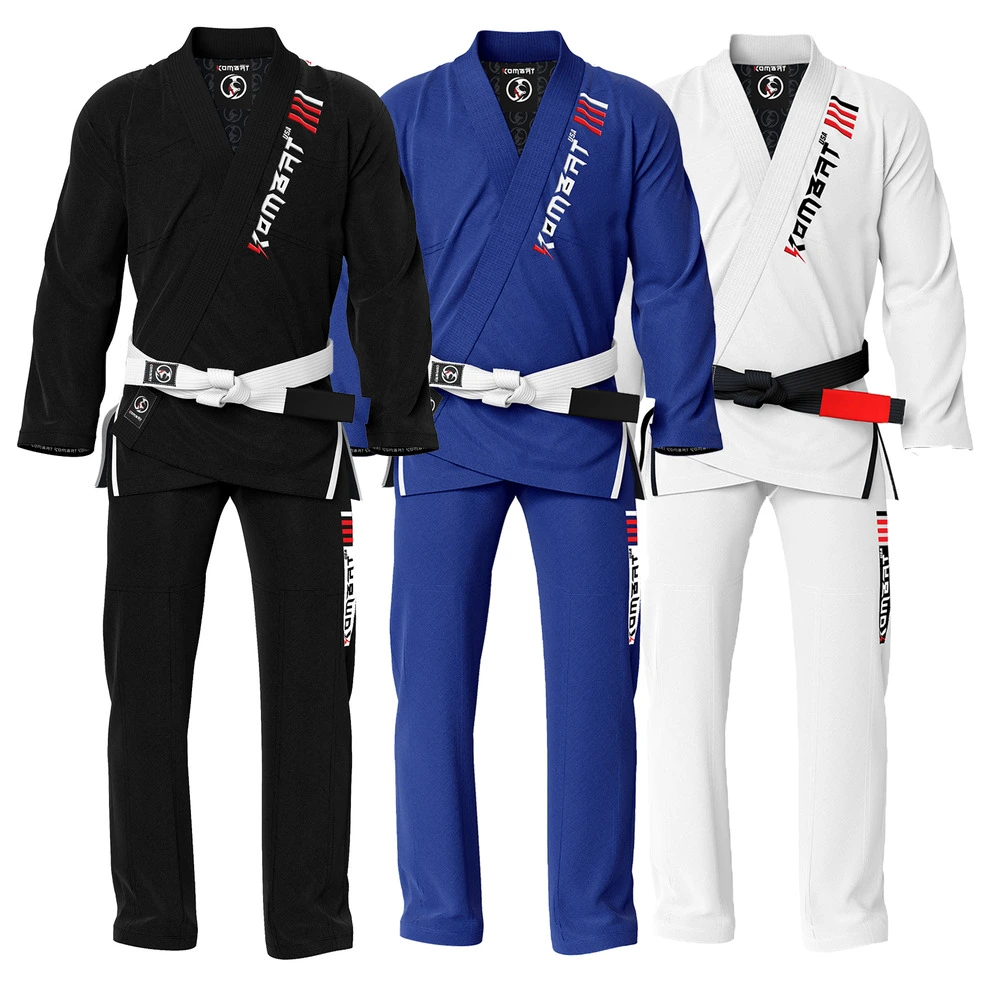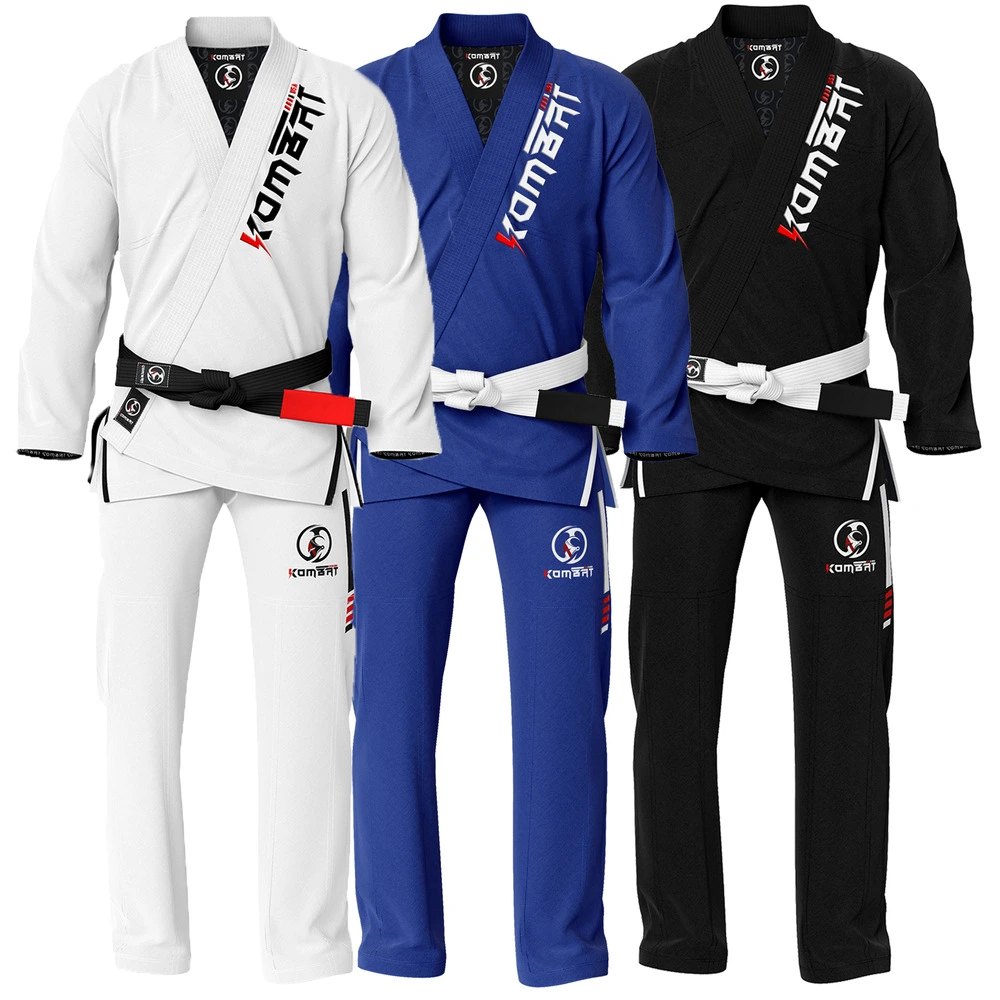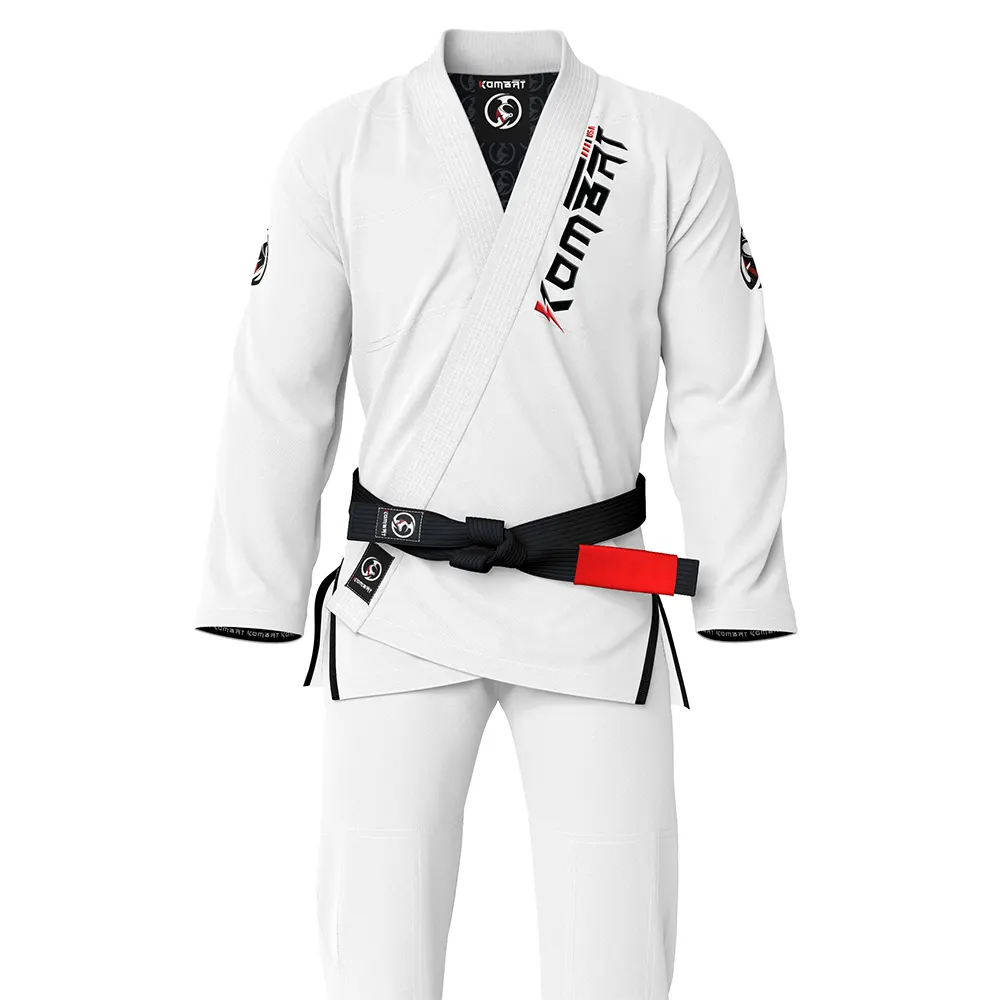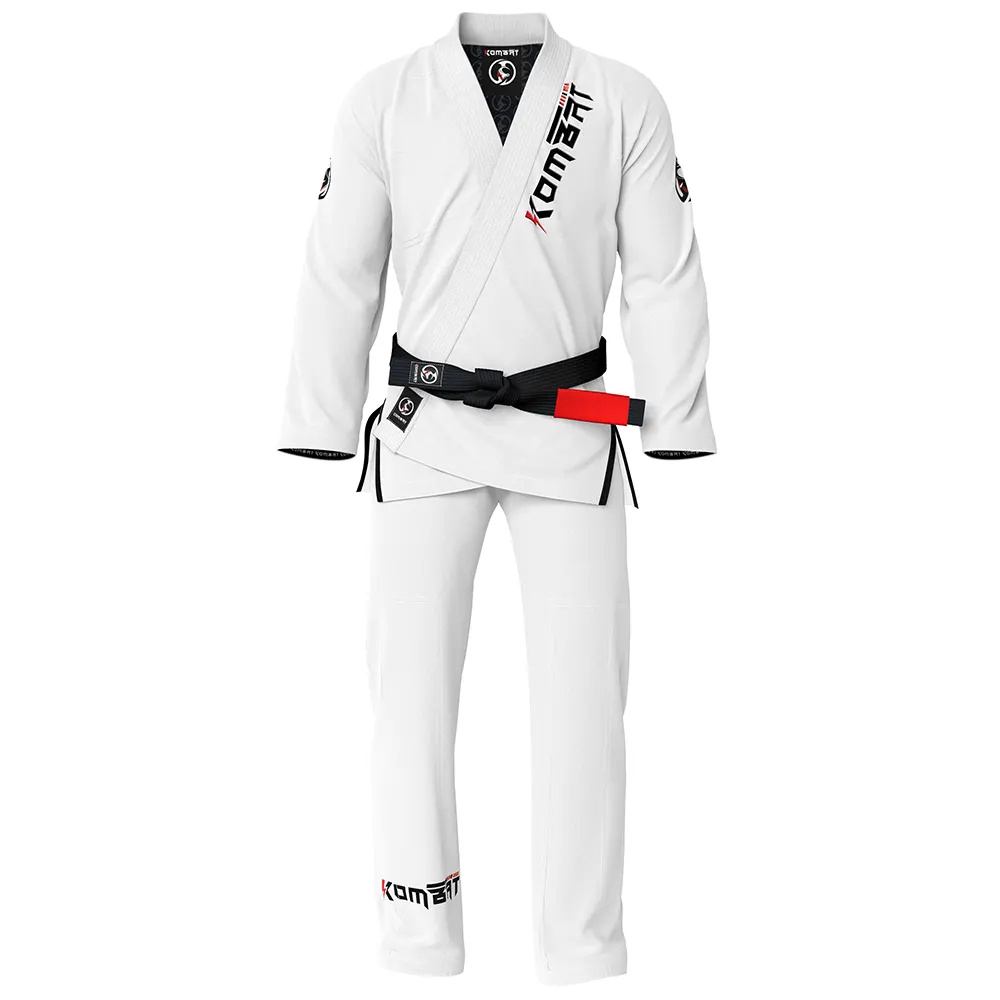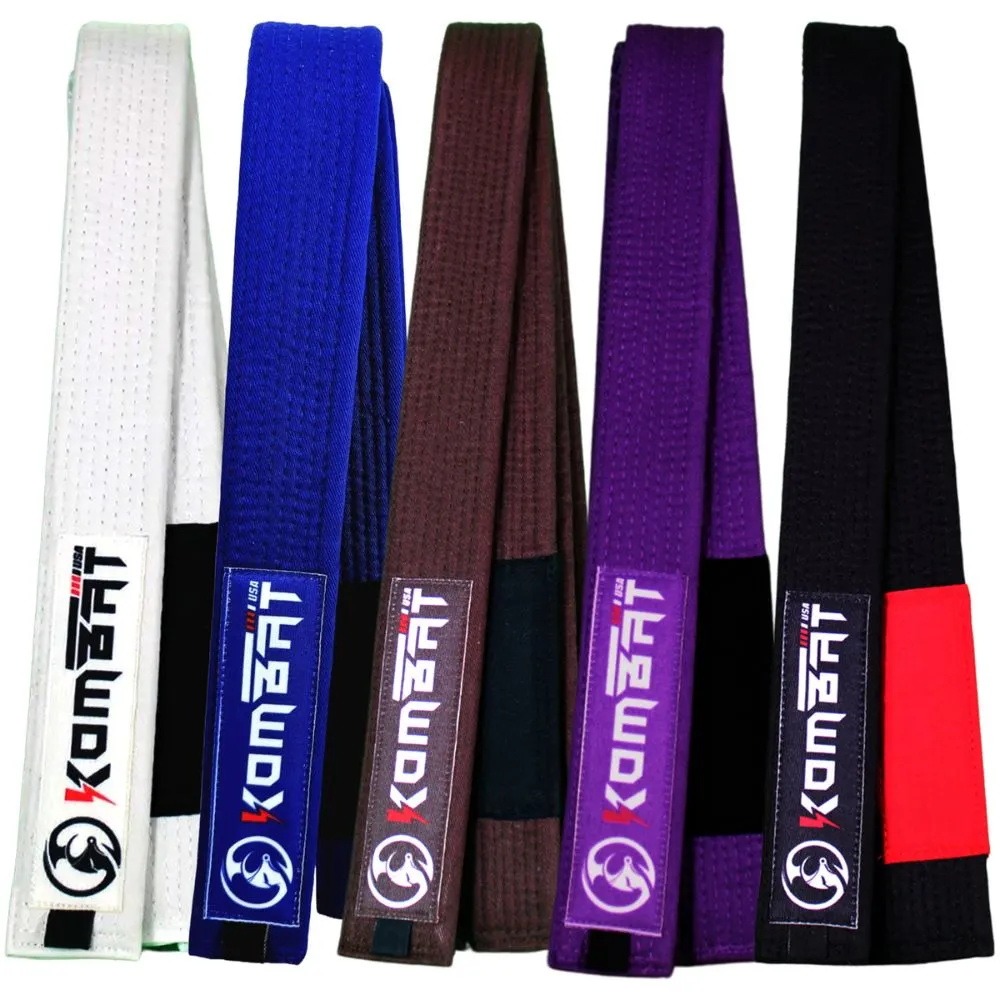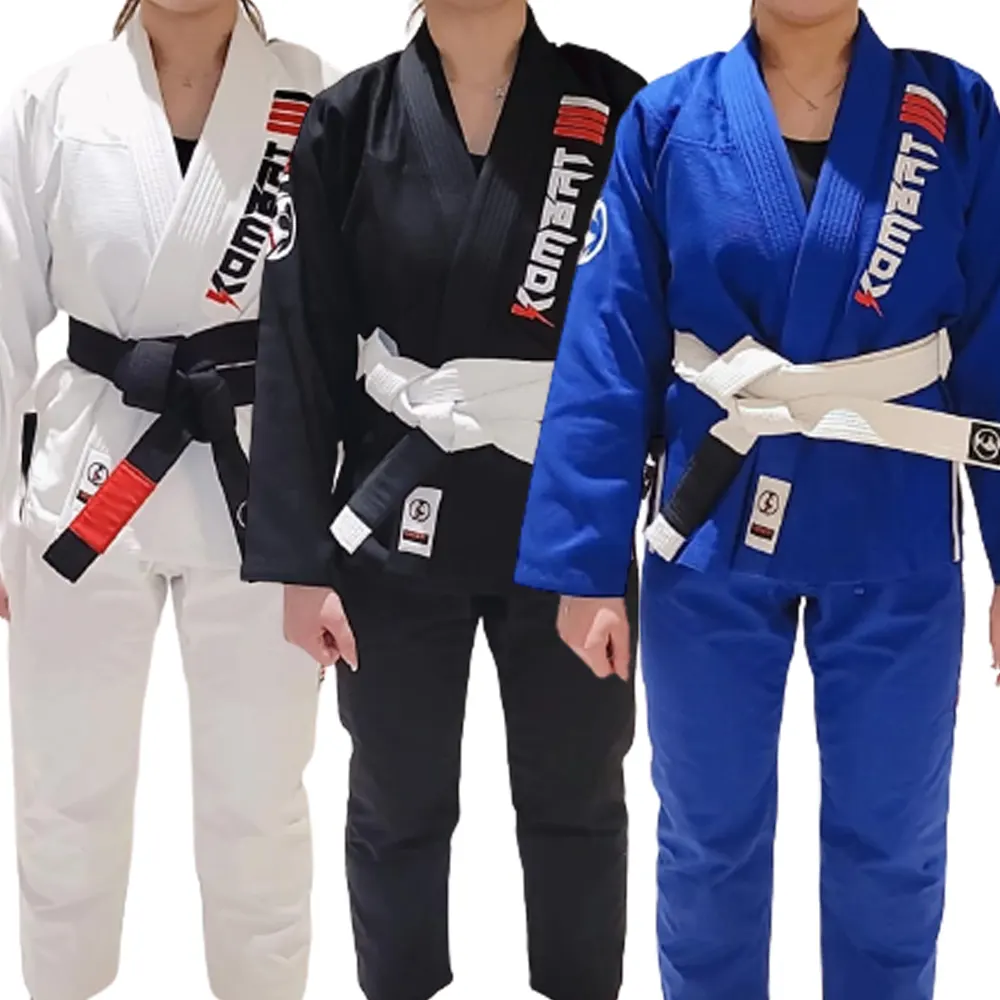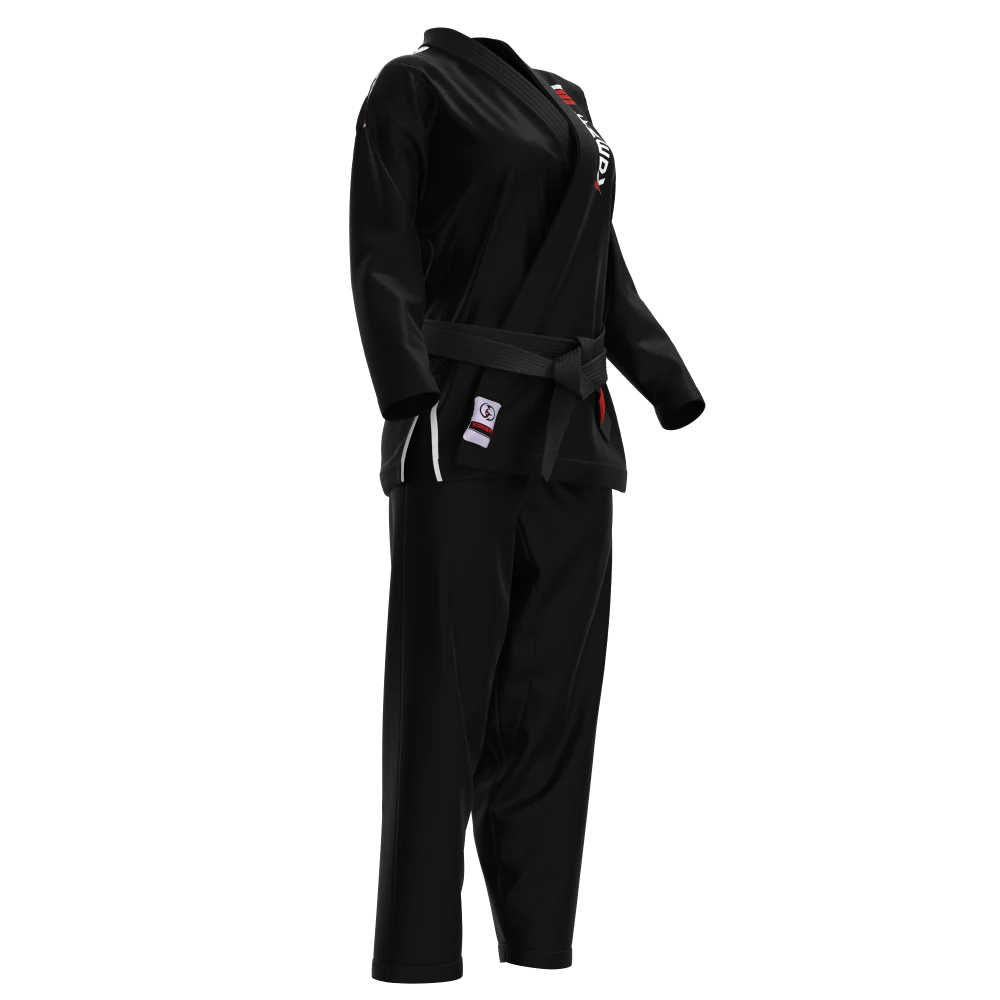Things You Need To Have In First Aid Kit For Jiu Jitsu Gym
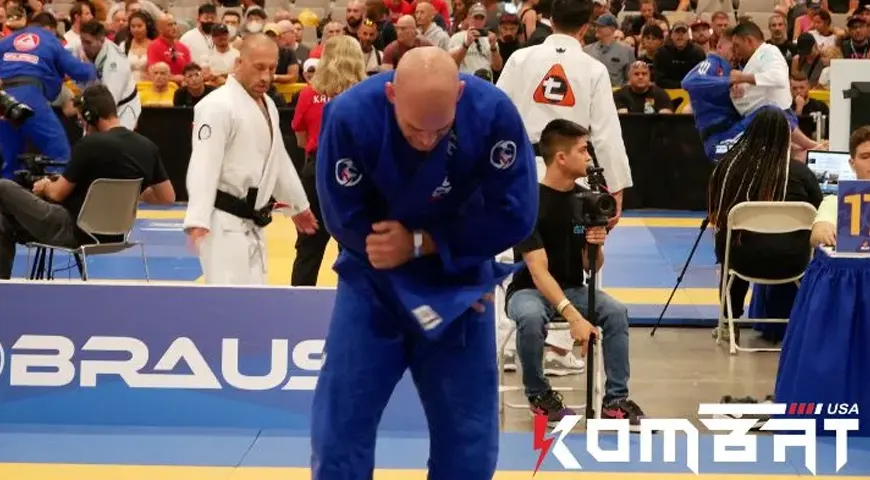
Brazilian Jiu jitsu Bjj is among the most complicated and challenging martial arts worldwide. Despite the hardships and higher injury risk, it is still gaining immense popularity. Its tough moves and the grappling techniques make players more prone to injury.
In fact, in some cases, during the jiujitsu gi choke, players become unconscious. This kind of critical situation has made it indispensable for the jiu jitsu gyms to keep the first aid bag ready to use anytime. Here an issue arises, which things must be included in the first aid kit of the gym?
To solve this perplexing situation, we have compiled all the necessary items which are mandatory to add to the first aid box. So, read ahead and make your first aid box complete.
Why Is First Aid Training Important In Jiu jitsu gi?
It’s critical to keep in mind that accidents may occur at any moment, whether during practice or on the platform. BJJ practitioners should have a fundamental knowledge of first aid. Understanding the appropriate methods for treating wounds may aid in avoiding infection and hasten recovery.
It’s critical to maintain proper cleanliness with appropriate first aid supplies on hand. This includes cleaning your exercise equipment after each usage and washing your hands before administering first aid. Taking these factors into account can prevent germs accumulation and the spread of diseases.
However, keeping the appropriate first aid supplies in your gym bag may help you be ready and safe while practicing or competing in jiu jitsu gi. A selection of bandages, antiseptics, cold packs, painkillers, and personal medications is the must-have product.
You may continue to enjoy the rolling and thrilling BJJ gi techniques fearlessly.
Essentials For A First Aid Kit
Having a well-packed first aid bag may save your life if you sustain an injury while practicing BJJ. It should have necessities like bandages, tapes, antiseptics, cold packs, and pain relievers to provide quick relief and stop further injuries.
Bandages
If you incur any cuts or scratches while practicing or competing bjj gi, the first thing you need is to have bandages. It’s crucial to have a variety of dressings in your gym bag, including gauze, medical tape, and adhesive bandages. You’ll need more bandages in various sizes to cover any wounds effectively.
Sanitizers
For any burns or scratches, disinfectants are the best product to avoid the growth of any form of infection. You can add a supply of antiseptic wipes, chlorhexidine, alcohol swabs, hydrogen peroxide, and isopropyl alcohol in your jiujitsu gi gym. Clean the wounds properly before adding a disinfectant to avoid any infection.
Ice packs
Ice packs are also essential for healing bruising, swelling, and numbness during spraying or rolling. A cold compress helps effectively in reducing edema, tissue bleeding, and discomfort in the affected area. If you have an injury, you may use an ice bag, a frozen gel pack, or a cold compress to give immediate comfort.
Trauma scissors
Any first aid kit must have trauma scissors, commonly referred to as tuff cuts. These trauma scissors have a broad, blunt point that makes it possible to cut garments easily and safely without running the risk of hurting the patient.
Painkillers
Jiu Jitsu gi practitioners often feel severe pain due to injuries they incur while practicing. Having medicines on hand helps control mild or extreme discomfort. They need to use with care and in line with suggested doses. You can reduce the pain for the time being by using aspirin, ibuprofen, and acetaminophen.
However, the use of long-term opioids has the potential to exacerbate existing problems by masking the severity of the injury. Getting the proper medical care and adhering to a detailed treatment plan are crucial to guarantee a thorough recovery.
Typical Injuries
Injury in BJJ may result from several things, including accidents, joint sprains, fractures, and even choking. Sprains (to the wrist, elbow, knees, and shoulder) and strains (due to muscular tension) are among the most frequent injuries in BJJ gi. The continual twisting, turning, and pressure on joints and muscles during grappling training and competitions may result in these ailments.
In jiu jitsu BJJ, more severe wounds may happen, including fractured bones, spinal damage, and dislocated joints. These injuries occur less frequently, but still, they can cause severe issues. Therefore, it needs urgent treatment.
If any mishap happens in jiu jitsu gi training, you need to address the issue adequately. BJJ competitors may protect themselves from serious harm by being aware of prevalent sports injuries and adopting the appropriate safeguards when required.
Unstoppable COMP PRO Set
First Aid Guide
It is crucial to ensure the safety and well-being of everyone exercising at your gym by stocking the facility with all the appropriate first aid supplies. To use these kit items accurately, you must have the proper knowledge. Consider carrying a first aid handbook on your phone for adequate emergency guidance. These priceless resources may provide detailed advice on correctly evaluating and managing various injuries and medical situations.
You may contribute to creating a safer training environment and perhaps even save lives in the case of a catastrophic accident or medical emergency. So, take the time to educate yourself and your training companions.
First Aid Instruction For Jiu Jitsu gi Students
As a Jiu jitsu practitioner, you must have an awareness of the hazards and physical difficulties this martial art entails. Accidents may happen, resulting in anything from minor scratches to significant injuries. Knowing how to provide first aid can make all the difference when they do.
But why do BJJ practitioners need first aid training more than jiu jitsu gi trainers? The sooner you treat injuries, the higher your chances of keeping them from worsening or developing into a severe medical emergency. No matter how an injury happens, you’ll be prepared to deal with it quickly and effectively using your first aid kit training.
Additionally, you devote endless hours to practicing BJJ, pushing your body to the maximum. You are more likely to suffer injuries as a result, which, if ignored, might worsen and have long-term effects.
Preventive Steps To Keep You Safe From Accidents
BJJ competitors should mindful of the possibility of injury and take precautions to reduce that possibility. This includes:
- Appropriately warming up before exercising.
- Using safety gear like mouthguards and helmets.
- Paying attention to your body.
These items are must-haves for pushing yourself too far or exercising through the discomfort.
Conclusive Words
Injury is a constant danger in physical exercise, and Brazilian jiujitsu is no exception. For any martial art, it’s essential to be ready for any unforeseen injury. In the case of bjj training, the chances of getting injured increase multiple folds.
BJJ’s development spans many years and includes multiple instances of grave injuries sustained on the mat. Therefore, it is crucial to take serious safety precautions before an accident. You may reduce the chance of injury and encourage a pleasant training experience for yourself and your partners. Emphasizing safety and having the required first aid supplies on hand can help you.
However, having a well-stocked first aid kit with bandages, antiseptics, an instruction manual, and medications on hand might provide you peace of mind while exercising. You can cure any injury fast and efficiently if you know how to utilize them. This supports a safe training environment for all practitioners as well as helps to guarantee that you may continue training.
So, make your first aid kit right now and place it in your jiu jitsu gym to ensure fearless training and healthy relationship with players

